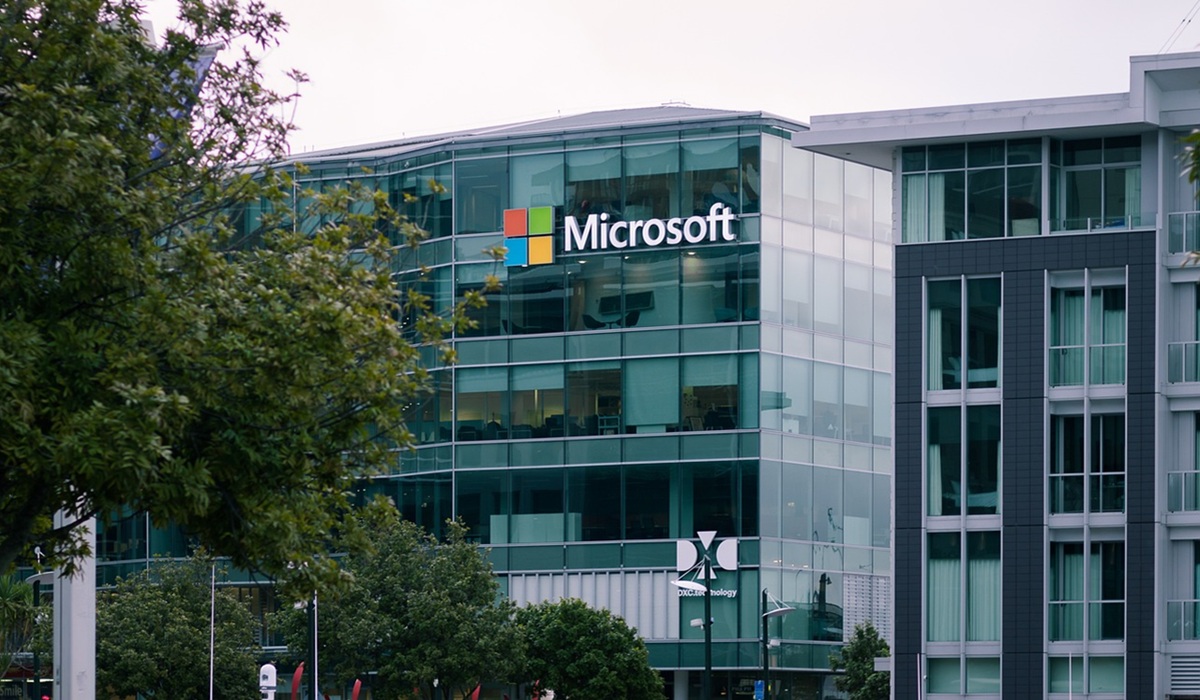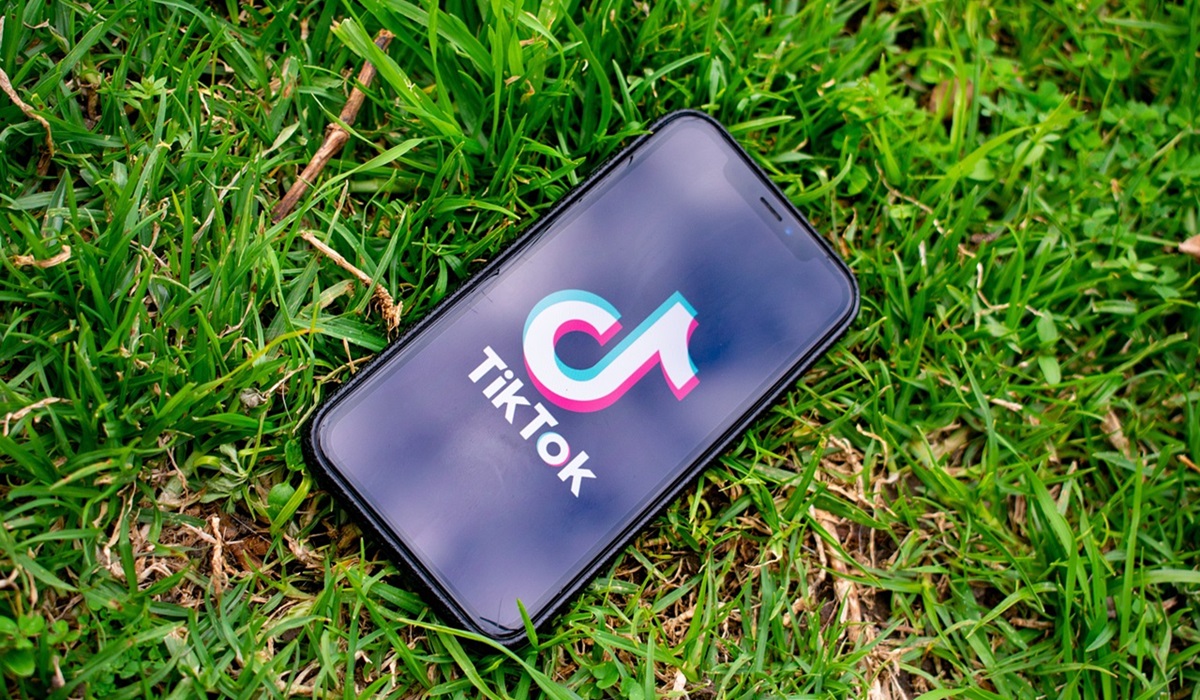Did Microsoft Hide Behind Azure While Profiting From Mass Surveillance?
- Ingrid Jones
- U.S.A
- September 25, 2025

Image Credit: Tawanda Razika
There is something deeply unsettling—almost theatrical—in Microsoft’s recent move to cut off certain services to Israel’s Unit 8200. The announcement has the tone of a company scrambling, not to do the right thing, but to be seen doing something once the curtain was pulled back. It feels less like conscience and more like being caught red-handed, the sort of corporate reflex that comes only when denial is no longer possible.
Reports revealed that Microsoft had severed access to parts of its Azure cloud platform because the Israeli military’s intelligence wing had allegedly been using it to fuel mass surveillance of Palestinians. This wasn’t some trivial breach of a license. According to those familiar with the matter, Unit 8200 was reportedly ingesting enormous quantities of phone calls, storing them in Microsoft data centers, and using AI tools to sift, categorize, and extract intelligence from the raw voices of ordinary people. The scope—millions of calls every hour, thousands of terabytes of data—was staggering.
And so the question lingers: when did Microsoft know? It’s easy to picture the company presenting itself as blindsided, a mere victim of misuse. Yet how plausible is that, really? This wasn’t a start-up tinkering with a few servers; this was a full-blown intelligence operation uploading oceans of intercepted communications. In a world where every cloud provider monitors usage patterns and bills clients down to the gigabyte, the idea that nobody at Microsoft noticed is almost laughable. If they didn’t know, they should have. If they did, then their current actions are not moral reckonings, but attempts at damage control.
Azure sits at the center of this storm. Born in 2010 and built into one of the largest cloud platforms on earth, Azure is the infrastructure behind businesses, governments, and militaries worldwide. It is not just storage space or computing power; it is the nervous system of modern digital life. That very power makes the revelation that it may have been used to surveil occupied populations so damning. For years, Microsoft has marketed Azure as secure, reliable, and ethical. Now we have to ask: did they simply close their eyes to the darker realities of how their technology was being wielded?
History shows this isn’t unique. Consider Facebook, now Meta, which once acquired an Israeli VPN service under the guise of protecting user privacy. That acquisition turned out to be a backdoor for monitoring app usage, a way to spy on trends and competitors under the cloak of security. Or the more notorious spyware firms tied to Israeli intelligence that have targeted activists, journalists, and dissidents across the globe. Each time, the pattern repeats: the technology is sold, the ethical red flags are ignored, and only when exposure becomes impossible to deny do the companies posture as victims of deceit.
So why now? Microsoft didn’t wake up one morning struck by a pang of guilt. The timing suggests they acted only when the public spotlight left them no room to maneuver. Investigative reporting forced the issue, employees raised their voices, investors worried about reputational fallout. In that pressure cooker, the company finally severed ties—at least partially. And even then, it was not a wholesale break. Other contracts with the Israeli defense sector remain intact. The move looks less like a moral stance and more like a controlled retreat.
The hubris is staggering. A company of Microsoft’s size cannot credibly claim innocence when one of the world’s most infamous intelligence units is its client. This was not a university lab or a small start-up. This was Unit 8200, widely known for cyber surveillance. To sign contracts with such an entity and later feign shock at how the technology was used is to insult the intelligence of the public. It is the equivalent of selling matches to an arsonist and claiming disbelief when a fire breaks out.
What we are seeing is a case study in corporate survival, not ethical clarity. Microsoft was caught with its hand in the cookie jar, and now it is frantically trying to explain that it never meant to reach for the cookies in the first place. But the crumbs are there, the jar is open, and the evidence is impossible to wipe away.
The bleak questions remain. Who inside Microsoft approved these contracts? Were dissenting voices ignored or silenced? Will any accountability reach the executives who knew, or will it be smothered in investigations that generate reports but no consequences? And most importantly, how many Palestinians lived under intensified scrutiny during the years when this surveillance quietly operated with Microsoft’s blessing, whether implicit or explicit?
If there is a lesson here, it is that tech giants are no longer mere bystanders in the machinery of power. They are the machinery. The services they provide are too vast, too integrated, and too intelligent to be treated as neutral tools. When those services are misused for oppression, the companies cannot shrug and pretend they were fooled.
Microsoft’s decision is being framed as a turning point, but the more realistic interpretation is that it is simply a reaction to exposure. They did not act out of conviction; they acted because silence was no longer sustainable. That distinction matters. Because until the incentives change—until accountability is real and complicity carries true consequences—nothing will stop this cycle from repeating.
The public should not let itself be seduced by corporate press releases. If anything, the real story is not that Microsoft finally pulled the plug, but that it took so long, and that it happened only after they were caught. The damage, by then, had already been done.








